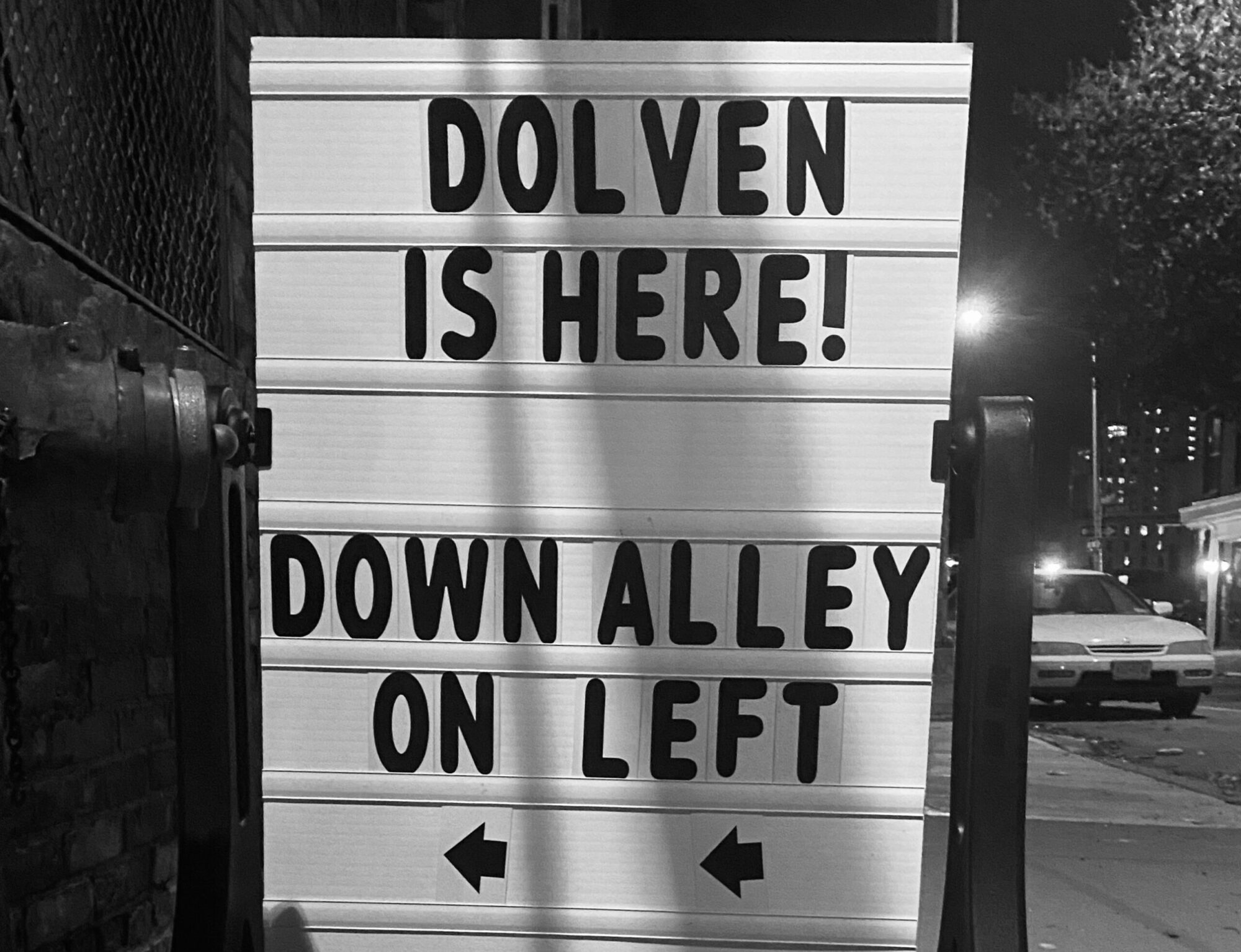ENG 405: Poetry and Belief
Jeff Dolven and Matthew Rickard
EJSP Wednesdays 6–8:30 PM
What does it mean to believe a poem? To believe in a poem? Poetry is sometimes taken to be a space of ambiguity and play, where certainty is suspended. But it is also a uniquely powerful form of speech, and has long been used for credos, manifestos, prayers. Can a poem itself have, or carry, beliefs—moral, religious, political, scientific? These are the questions of our seminar, questions we will pursue with the help both of poets and philosophers. Over twelve weeks, we will move back and forth between poetry of past and present, between the beliefs of others, and our own.
Reading assignments: our main business each week will be with a new poet: in the even-numbered weeks, selections from a poet in the long tradition of English and American poetry; in the odd-numbered weeks, a book by a living poet, published in the last three years. Each week we will hand out a more detailed assignment sheet for the next that will suggest some poems for special emphasis. We will also read each week a philosophical or theoretical essay or excerpt that will help develop our concept of belief. The assignment sheet will likewise specify pages for emphasis and pose some guiding questions.
Writing assignments: this class will take the unusual approach of exploring our common questions through poetic imitation. Each week, everyone will be asked to complete an assignment in two parts: 1) several lines of poetry, written in imitation of the poet we are studying; and 2) three to five hundred words of prose commentary, explaining how you have attempted to capture the poet’s voice, and what convictions, what beliefs, you have tried to inhabit. Implicit in this procedure is the idea that what poets believe is to be found as much in how they write as in what.
The course will conclude with a eight- to ten-page paper due on January 15.
Preparation for class: read the assigned poems carefully. Feel free to mark up the course reader or the books; they are yours to keep. Likewise the philosophical and theoretical texts in the reader. We will spend some time exploring how the concepts there might help us understand what is happening in the poems, so try to think about the two together. Faithful preparation of the exercises will be important, too, since we will workshop your work together in the latter part of class.
Week 1 (Sept 26)
Introduction
Week 2 (Oct 3): religion
George Herbert, poems, from The Norton Anthology of Poetry, fifth edition, eds. Margaret Ferguson et al. (New York: Norton, 2005), 367-85.
William James, The Varieties of Religious Experience (London: Longmans, Green & Co., 1905), 26-77.
Week 3 (Oct 10): religion
Juliana Spahr, That Winter the Wolf Came. AK Press: 2015.
Clifford Geertz, “Religion as a Cultural System,” in The Interpretation of Cultures (New York:: Basic Books, 1973), 87-125.
Week 4 (Oct 17): religion
Emily Dickinson, poems, from The Norton Anthology of Poetry, fifth edition, eds. Margaret Ferguson et al. (New York: Norton, 2005), 1110-27.
Søren Kierkegaard, Fear and Trembling, eds. C. Stephen Evans and Sylvia Walsh (Cambridge: Cambridge University Press, 2006), 7-20, 46-59.
Week 5 (Oct 24): religion
Alice Oswald, Falling Awake. Norton: 2018.
Sigmund Freud, Civilization and Its Discontents, tr. James Strachey (New York: Norton, 2010), 7-13.
Week 6 (Nov 7): science and nature
William Wordsworth, poems, from The Norton Anthology of Poetry, fifth edition, eds. Margaret Ferguson et al. (New York: Norton, 2005), 763-805.
Karl Popper, “Science: Conjectures and Refutations,” in Conjectures and Refutations (London: Routledge and Keagan Paul, 1963), 33-65.
Week 7 (Nov 14): science and nature
Devin Johnston, Far-Fetched. FSG: 2016.
Richard Rorty, “Science as Solidarity,” in Objectivity, Relativism and Truth (Cambridge: Cambridge University Press, 1991), 35-45.
Week 8 (Nov 21): myth and the supernatural
Samuel Taylor Coleridge, poems, from The Norton Anthology of Poetry, fifth edition, eds. Margaret Ferguson et al. (New York: Norton, 2005), 805-31.
Samuel Taylor Coleridge, “Christabel,” in Christabel and Other Poems, ed. Algernon Charles Swinburne (New York: Scribner, Welford, & Co, 1869), 1-23.
Marcel Mauss, A General Theory of Magic, tr. Robert Brain (London: Routledge, 1972), 18-24, 91-108.
Week 9 (Dec 5): myth and the supernatural
Anne Carson, Float. Knopf: 2016.
Claude Lévi-Strauss, “The Structural Study of Myth,” The Journal of American Folklore 68.270 (1955): 428-44.
Week 10 (Dec 12): politics and social justice
William Blake, poems, from The Norton Anthology of Poetry, fifth edition, eds. Margaret Ferguson et al. (New York: Norton, 2005), 732-47.
William Blake, “The Marriage of Heaven and Hell,” in The Complete Poems, ed. Alicia Ostriker (New York: Penguin, 1978), 180-95.
William Blake, “The Marriage of Heaven and Hell,” facsimile.
Louis Althusser, “Ideology and Ideological State Apparatuses,” in On the Production of Capitalism (London: Verso, 2014), 232-72.
Week 11 (January TBA): politics and social justice
Fred Moten, The Little Edges. Wesleyan University Press: 2016.
Stefano Harney and Fred Moten, “Black Governance,” in The Undercommons: Fugitive Planning and Black Study (Wivenhoe: Minor Compositions, 2013), 47-57.
